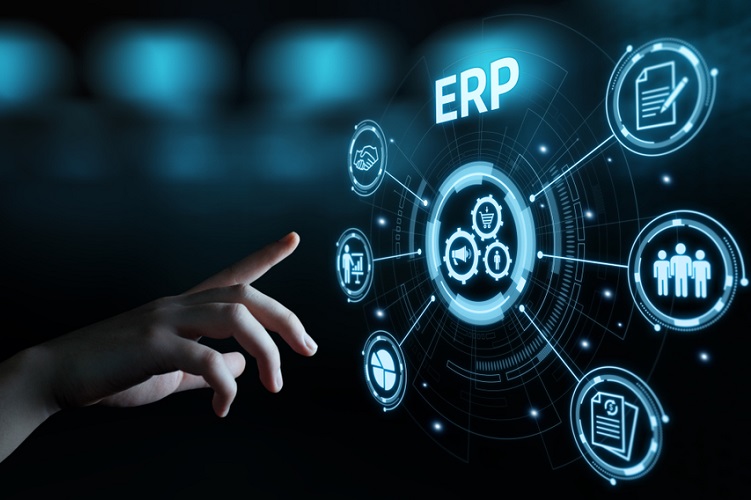The capacity to supply an integrated suite of business software is known as enterprise resource planning (ERP). ERP software uses a single process and data architecture to encompass a wide range of operational end-to-end operations, including those in finance, HR, distribution, manufacturing, service, and supply chain management. ERP software has never been more significant, as it is a critical tool for managing thousands of businesses of various sizes and industries.
If your organization doesn’t currently have an erp system, now is the time to think about getting one. New obstacles will certainly occur as your company grows. Processes will become more complex, supply chain management will become more difficult to handle, and financial expenses will climb.
Productivity Improvements
Automation, from invoice generation to marketing automation, is a fundamental feature of erp software. This allows employees to be more productive in other areas while also ensuring that critical tasks are not ignored. Furthermore, by providing all departments with access to a single central repository, an ERP eliminates the need for time-consuming manual processes such as data entry across numerous systems. Your data’s correctness will improve as well.

Lower Operational Costs
An ERP can help your company decrease expenses and boost profitability across all areas, from manufacturing to finance, by increasing the efficiency of operational procedures. Simply consolidating your IT systems can save you money by decreasing your spending on numerous licenses, support fees, infrastructure, and administrative staff to handle it all. If you’re a factory, an ERP will give you access to new levels of data that will help you plan ahead, manage inventories, avoid disruptions and delays, and make better decisions.
Information Integration
Information gathered from all departments is combined into a single source with an ERP. It is now easier to share data that is consistent, unique, and correct. As a result, departmental coordination becomes more consistent. High-level business operations like forecasting and subsequent planning and decision-making benefit from having access to a multitude of reliable, up-to-date data.
Cloud ERP systems allow employees to work from anywhere. Additionally, if the firm grows, an ERP system can be adjusted to accommodate changes in the workforce and new users, facilitating scalability. It’s critical to consider flexibility and mobility throughout ERP implementation in case the company grows in the future. These technologies also make it possible to add more users as the company grows.





